- 32 Posts
- 36 Comments

 7·1 day ago
7·1 day agoYeah, mainland China - the other China, so to say - shows a similar stance. Despite critical voices of Beijing regarding Israel’s war in Gaza, ties between China and Israel have in many ways proven resilient. Bilateral trade rose to USD 16.3 billion in 2024, up almost 12% from 2023, for example.
Despite Israel having banned Chinese suppliers from sensitive military procurement, commercial ties improved as trade data shows. In addition to U.S. companies, Chinese technology firms are a decisive supplier of Israel surveillance tech in Gaza and the West Bank (you’d easily find many reports on the web about that).

 3·1 day ago
3·1 day agoDidn’t you post a similar report today?
The pressure on car markets are not limited to the UK. China’s BYD literally warned of a ‘bloodbath’ in its Chinese domestic market, and we have been watching mass layoffs and bankruptcies in China, Europe, the U.S. in recent years.

 281·1 day ago
281·1 day ago‘PPC Land’ (pay-per-click ?) is publishing solely AI-generated content.

 4·1 day ago
4·1 day agoAccording to a new report, the problem is that the capacity to build EV batteries far outstrips demand globally.
- In North America, there is 1.9 times as much capacity as demand. In Europe, the capacity-to-demand ratio is 2.2.
- It’s worst in China with 5.6 times as much battery-building capacity as there is demand for batteries.
- Material and production costs are still high, which means EVs often aren’t cheaper than gas cars, reducing demand.

 2·1 day ago
2·1 day agoThe pressure on car markets are not limited to the UK. China’s BYD literally warned a ‘bloodbath’ in its Chinese domestic market, and we have been watching mass layoffs and bankruptcies in China, Europe, the U.S. in recent years.

 5·1 day ago
5·1 day agoIt will be solved in the long-term as the Nexperia crunch sees carmakers asking for ‘China-free’ supplies as I have read in this community.

 3·1 day ago
3·1 day agoI fully get the point of Ms. Kostyuchenko. It’s a big issue not easy to solve. I don’t see this as a “morally righteous punishment for the citizens of a state terrorizing the continent and making war in Ukraine,” though. No measure should ever be made to punish people, let alone as some form of ‘guilt by association’ what the linked report’s framing appears to suggest.
The EU’s move can also be seen as a necessary security measure. As a recent example: There is the case of Igor Rogov, a former employee of the Open Russia pro-democracy movement, which is banned in Russia as “undesirable.” Mr. Rogov has been living with his wife in Poland.
In the meantime, Mr. Rogov is in Polish detention and charged for spying for the Russian intelligence Federal Security Service (FSB).
The Moscow Times reports by citing Polish sources on Mr. Rogov’s testimony in court:
“I was supposed to do what I liked — climb the ranks of Russian oppositionists, meet new people and eventually report everything to the [Russian] Federal Security Service."
The Moscow Times also reports:
When the couple moved to Poland after the start of the full-scale invasion of Ukraine in 2022, Igor had told his wife [Irina] that he had been recruited by the FSB …
After Irina reportedly discovered her husband’s affair, she began revealing in private conversations with other Russian emigres that Igor had been cooperating for years with an FSB officer named Yevgeny.
Rogov allgedly also received a courier shipment containing components for a bomb, including liquid explosives, fuses and a power source.

 2·1 day ago
2·1 day agoIf you look at OP’s post history you’ll see almost 2,000 posts in 5 months, and all of them fit into anti-European and anti-democratic, but pro-China propaganda.
Very often, bold headlines are not backed by the content as it is the case also here.
The reduction of Chinese overcapacity in sectors such as steel and electromobility are of great importance for the economy and jobs in Germany," Klingbeil said.
The very brief article also mentions that China’s influence in the Ukraine war will also be a topic of discussion.
The article only briefly mentions that German foreign minister postpones China trip amid rising tensions just a couple of weeks ago.
“We are postponing the journey to a later time,” the spokesperson told a regular news conference," [a spokesperson from Germany’s government said]. Wadephul has struck an increasingly tough stance on China since he took office as foreign minister in May, highlighting Beijing’s support for Russia’s war in Ukraine, its “increasingly aggressive behaviour” in the Indo-Pacific region, and its export curbs on rare earths and semiconductors.
In doing so, he has gone further still than his predecessor Annalena Baerbock, who was already known for being outspoken, labelling Chinese President Xi Jinping a “dictator”.
Mr. Wadephul has also maintained his support for Taiwan, stressing, for example, that Germany and Japan have common security interests in the Indo-Pacific region.
Of course, Germany and other Western states will attempt to get market access to China, although I personally feel this won’t happen anytime soon. German and other Western carmarkers are already beginning to diversify their supply chains away from China amid heightened security risks and the threat of further economic constraints as demonstrated by the recent conundrum over Nexperia. And similar moves of Western companies turning their back on China in its value chains are visible in other sectors as reports (also here on Lemmy as I’ve read) and data shows.
China has been protecting its domestic market even more since Xi Jinping took power. A meaningful access to Chinese markets for non-Chinese companies are not realistic in the near future imho (but I’d be happy if history proves me wrong). I personally think that Mr. Klingbeil knows that, too, but as a government official it’s absolutely fair that he is trying his best.

 168·2 days ago
168·2 days agoWhat about avoiding whataboutism?
The industry should discuss what can be done not only to become more independent from China, but also from the USA and the major technology companies, Merz is further quoted as saying.

 10·3 days ago
10·3 days agoTrue. But the EU is a larger bloc. Canada, Australia, New Zealand, Japan, South Korea, there are many others. Stopping support for Russia is also only one requirement imo, but it would be a first step.
At least China’s (along with India’s) December purchases of Russian oil are set to drop over Western sanctions, according to the data. I don’t say Estonia alone can achieve something, and I may be mistaken of course, but it’s important that the Estonian FM makes such a public statement imho.

 6·4 days ago
6·4 days ago@KyuubiNoKitsune@lemmy.blahaj.zone
There are many reports on Shein, Temu and other Chinese companies’ sweatshops. As I understand you are from Sweden, there is one by Globalworks Lund AB, an independent not-for-profit enterprise based in Sweden. One report says, among others:
This research shows how Shein and Temu take exploitation to a new level. Our findings high-light mechanisms and practices that increase price pressure on garment suppliers and vendors. Additional harm is caused by unrelenting delivery speed requirements, which force suppliers to take on overstocking risks or incur penalties for delays. Manufacturers and vendors are finding it increasingly difficult to break even, let alone make a profit. To safeguard their businesses, they not only pay their employees less and force them to work longer hours, but they also adopt an increasingly non-committal management style that weakens job security, base wages, regulated working time, and occupational health and safety standards.
Globalworks concludes:
Temu and Shein are spearheading a deeply concerning trend towards the reemergence of a sweatshop economy in which workers labour without formal contracts and under unregulated working hours. Worsening working conditions impact suppliers at lower tiers all over China. Due to intense competition in the fashion industry, more brands and producers will try to follow Shein’s and Temu’s lead. Regulators have little time left to act.
Here is the entire report: Suppliers and Workers Straightjacketed by Ultra-fast Fashion - Labour and human rights risks at Shein and Temu in China – [pdf]

 11·4 days ago
11·4 days agoIt is noteworthy that this trend has been observed for some time as by several reports, e.g.,
China’s mass exodus: number of asylum seekers surpasses one million under Xi - [January 2025]
Data released by the United Nations High Commissioner for Refugees (UNHCR) show a clear trend: between 2012 and mid-2024, over one million Chinese have sought asylum abroad … To put things into perspective: in 2022 alone, the number of Chinese asylum-seekers abroad was the same as during the entire 10-year Hu Jintao era.
And:
The Chinese migrants hoping for a new life in Germany - [February 2025]
A small but growing number of Chinese people are fleeing home, with their sights set on Germany thanks to its reputation as a safe haven for refugees.

 1·4 days ago
1·4 days agoAs an addition:
Russian drone slams into block of flats in deadly wave of strikes across Kyiv - [includes some short video]
A Russian drone has slammed into a block of flats in eastern Kyiv, killing six people and wounding dozens of others, during a wave of strikes throughout the Ukrainian capital.

 19·4 days ago
19·4 days agoThere are many reports by consumer protection agencies across Europe and the world on toxic and dangerous products sold on Temu, Shein & Co (one is here, and, no, Chinese companies have their own supply chains and their own sweatshops, European companies that sold these unsafe products would immediately be closed by the authorities).
[Edit to insert the correct link.]

 2·5 days ago
2·5 days agoIsrael and the US have shown how powerful abusing peoples privacy can be.
Not only these two. Just look at Russia and China …

 7·5 days ago
7·5 days agoYeah, this far-right AfD which is heavily supported by China and Russia. And another point is that attacks by hackers with ties to the Russian state also contributed to the drop in Germany.

 7·5 days ago
7·5 days agoFirst, Chinese retail platforms like Temu, Shein, AliExpress and others deploy their own supply chains. Only Shein recently announced it would open up its sweatshops to other businesses, but so far this didn’t happen afaik.
And, more importantly, local European retailers would immediately be shut down by the authorities if they sold the toxic and dangerous stuff sold on these Chinese platforms. They face much stricter regulations regarding consumer (and worker) protections than in China, which is one reason why they are more expansive.

 8·5 days ago
8·5 days agoWhat was the reason for Germany’s 3-point drop in its internet freedom score according to the report cited in the linked news article?

 17·5 days ago
17·5 days agoTo provide a bit more content on the study by Freedom House a brief summary:
- In Germany, factors including criminal prosecutions for memes about politicians, increased self-censorship due in part to threats from far-right actors, and attacks by hackers with ties to the Russian state contributed to a 3-point drop in the country’s internet freedom score.
- Globally, the internet freedom declined for the 15th consecutive year. Kenya (−6), Venezuela (−4), and Georgia (−4) experienced the year’s most severe declines on the report’s 100-point scale. Bangladesh (+5) earned the year’s strongest improvement.
- China and Myanmar, each with a total score of 9, remained the world’s worst environments for internet freedom.
- Iceland (94) held its place as the freest online environment, followed by Estonia (91), falling scores also for Serbia and Nicaragua.
[Edit to include the link.]

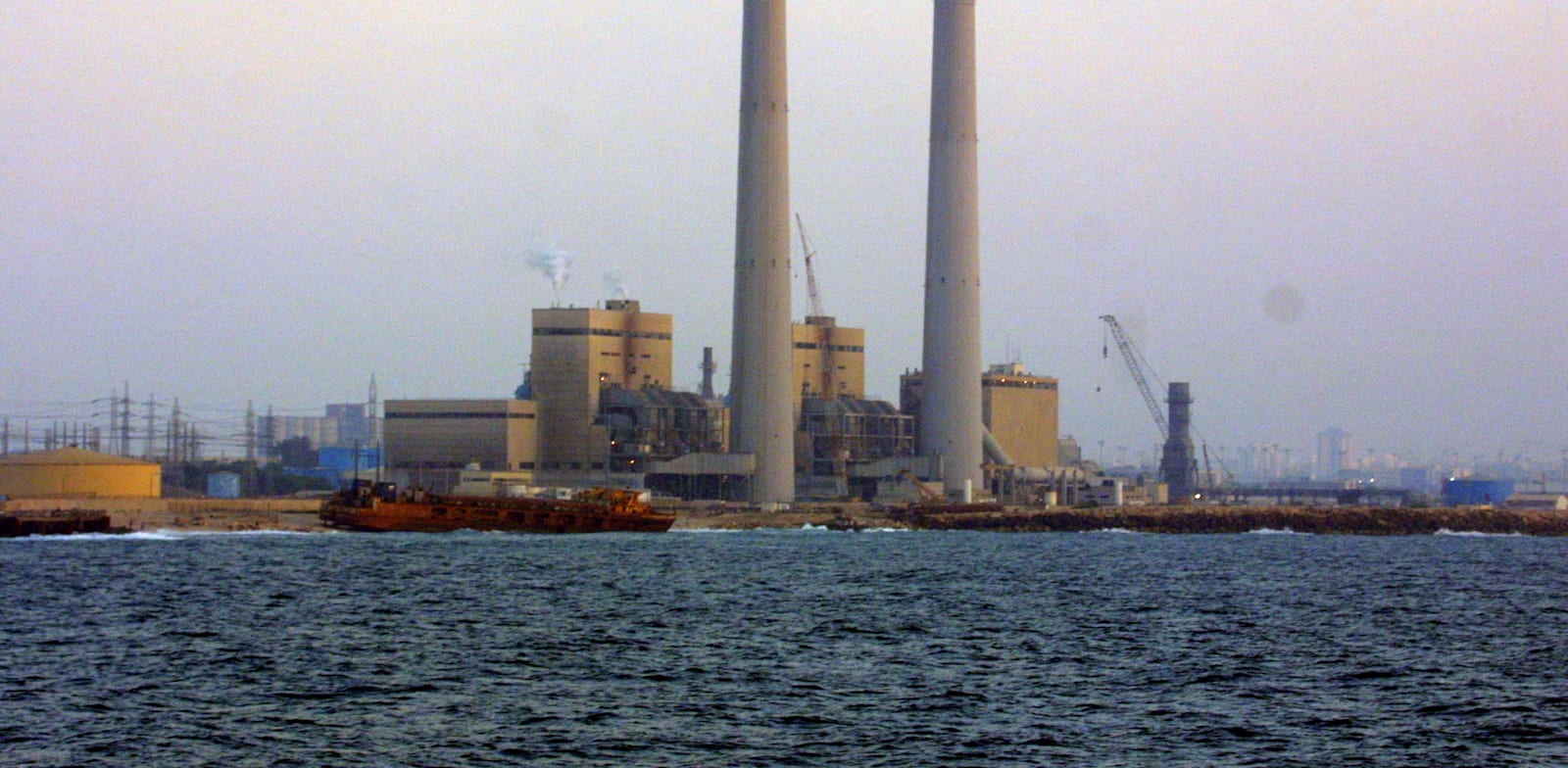
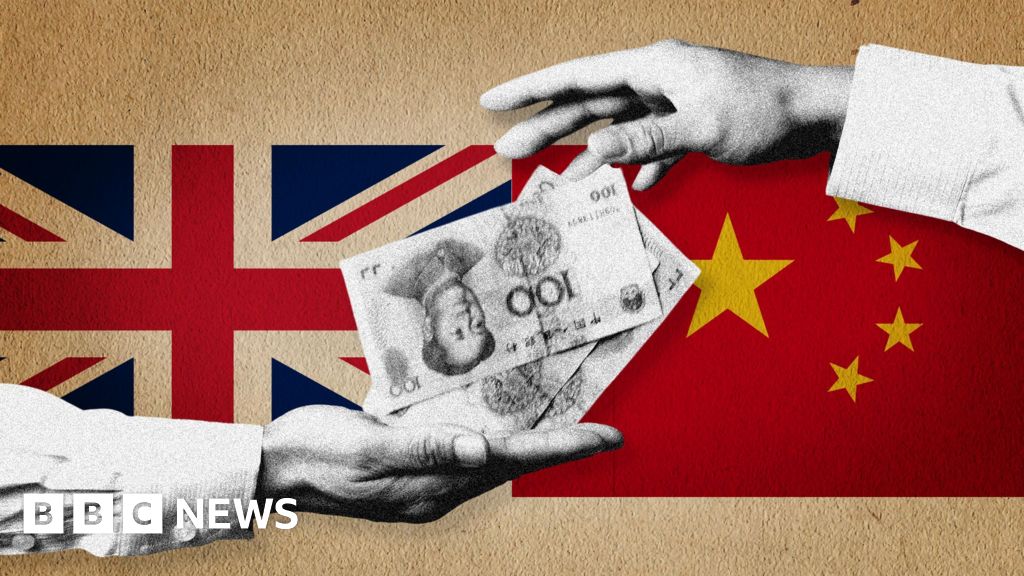
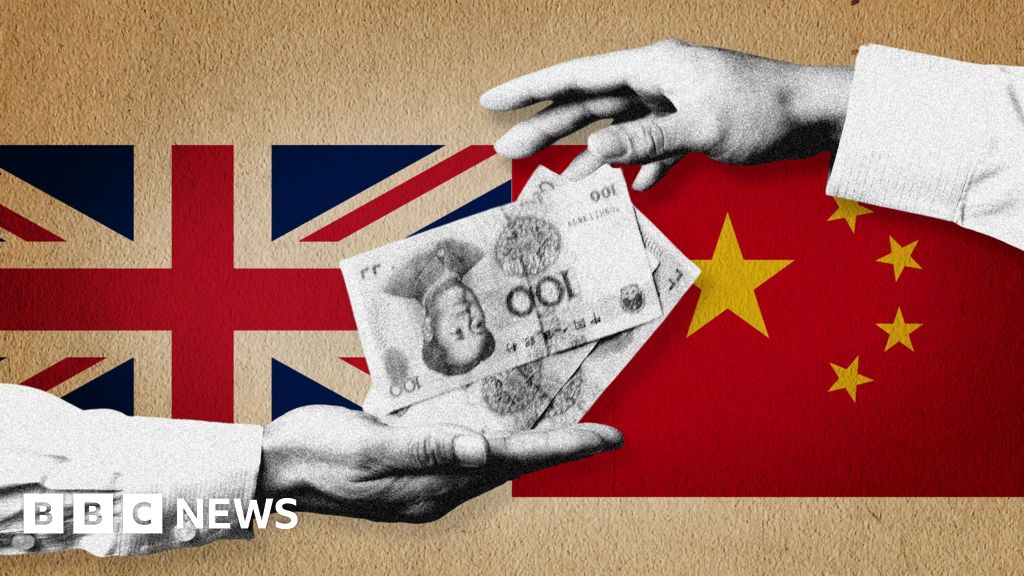


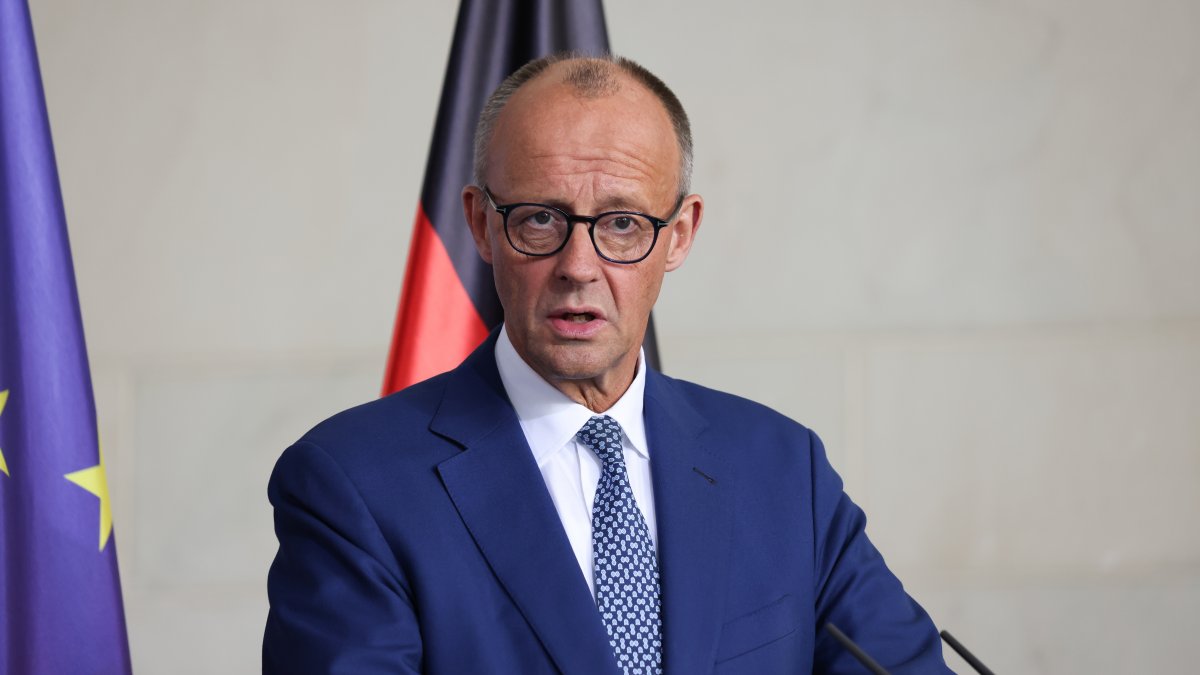
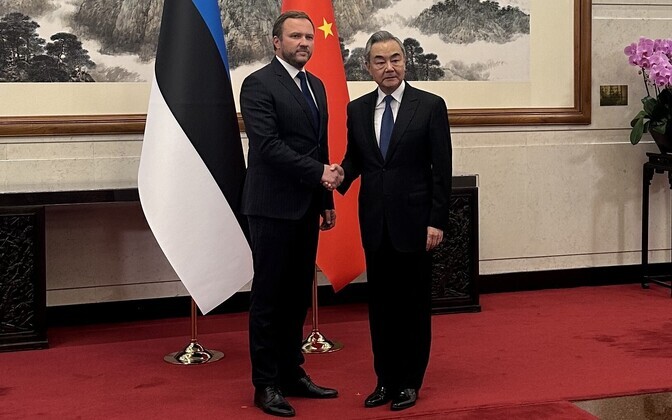
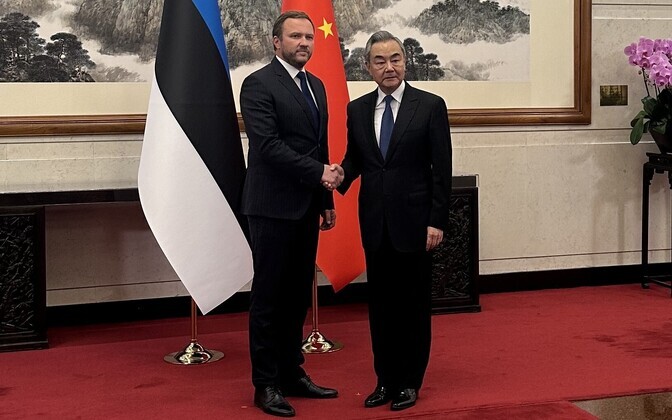
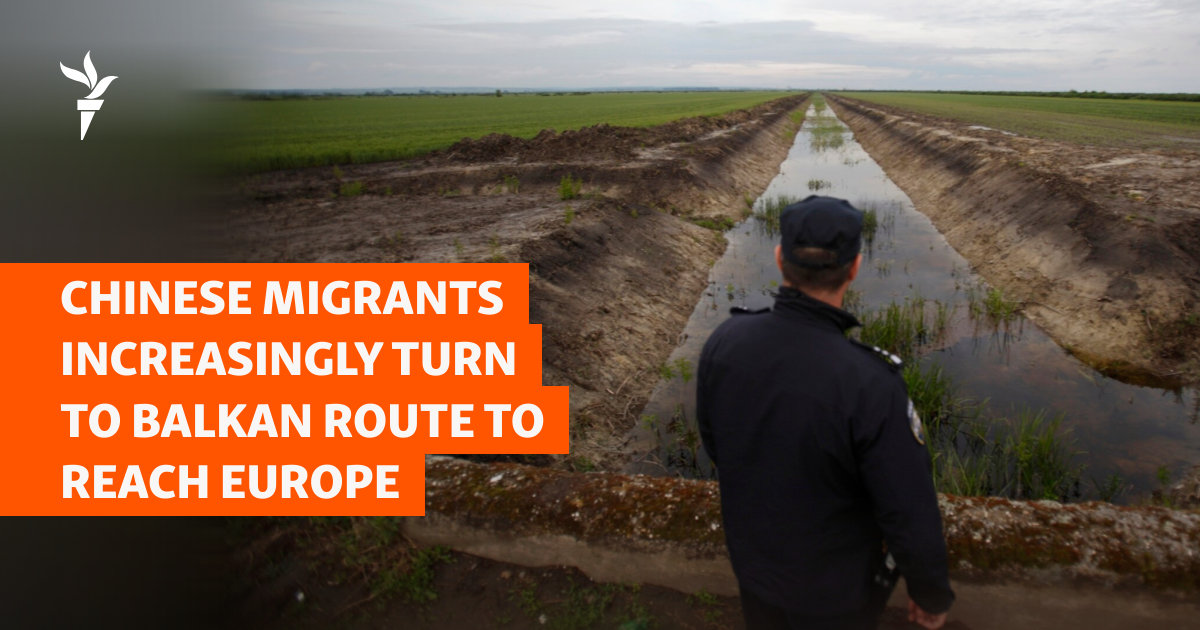
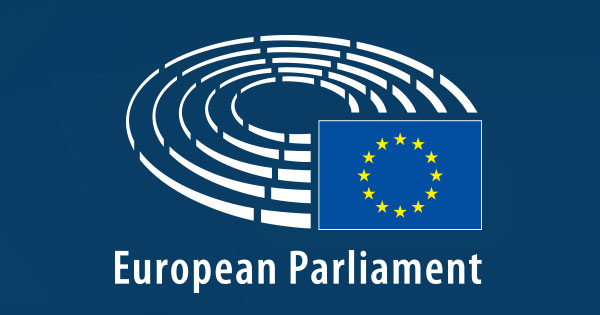
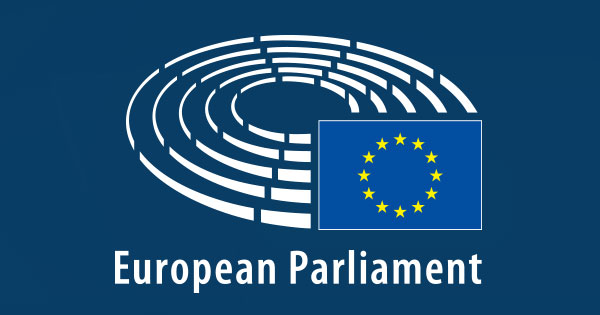
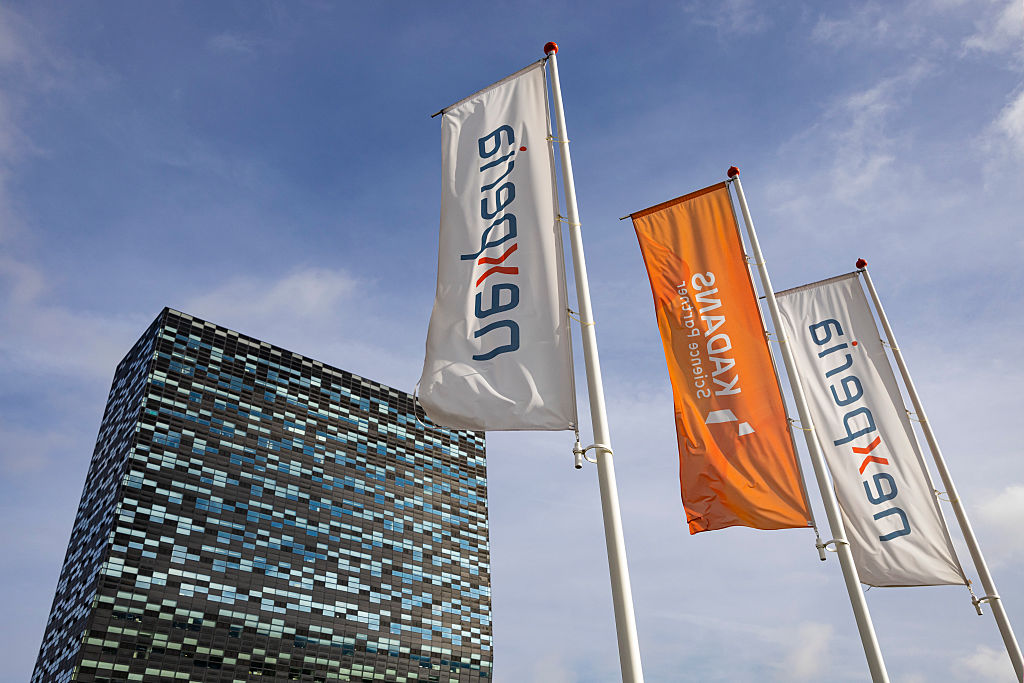

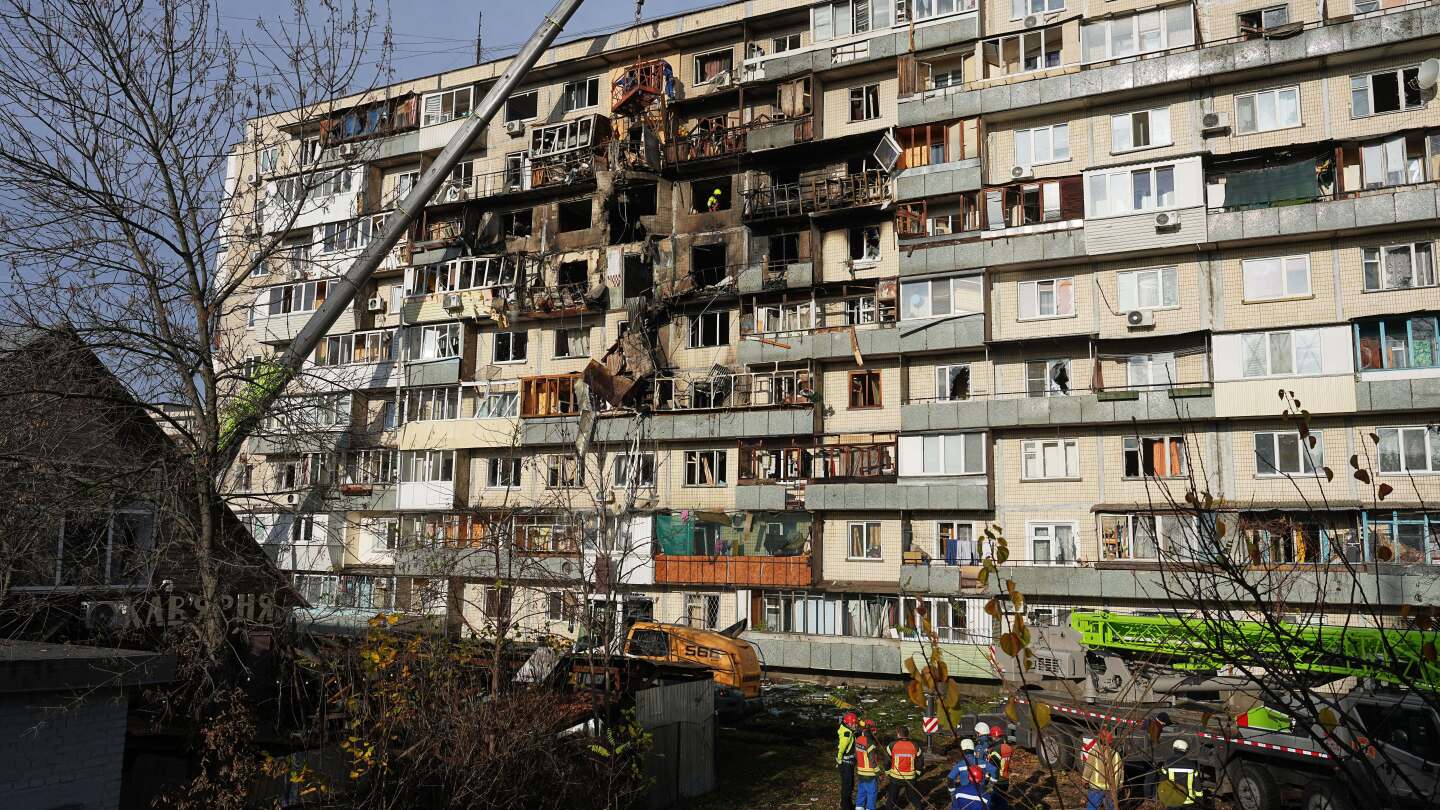




A similar case recently happened in Germany, where the country’s authorities face heavy criticism after admitting that a 56-year-old Uyghur asylum-seeker was mistakenly put on a plane to China instead of to Turkey.
According to reports (one is here), the woman, Reziwanguli Baikeli, had fled China’s Xinjiang region in 2017, lived in Turkey for several years and joined her daughter in Germany in 2024. Uyghurs are recognised by Germany as a group at extreme risk of persecution; informal guidance says they should not be returned to China.
Experts call for Germany (and possibly the whole of Europe) for a federal “white list” of countries to which deportations are categorically barred, similar to policies already used in Sweden and the Netherlands.